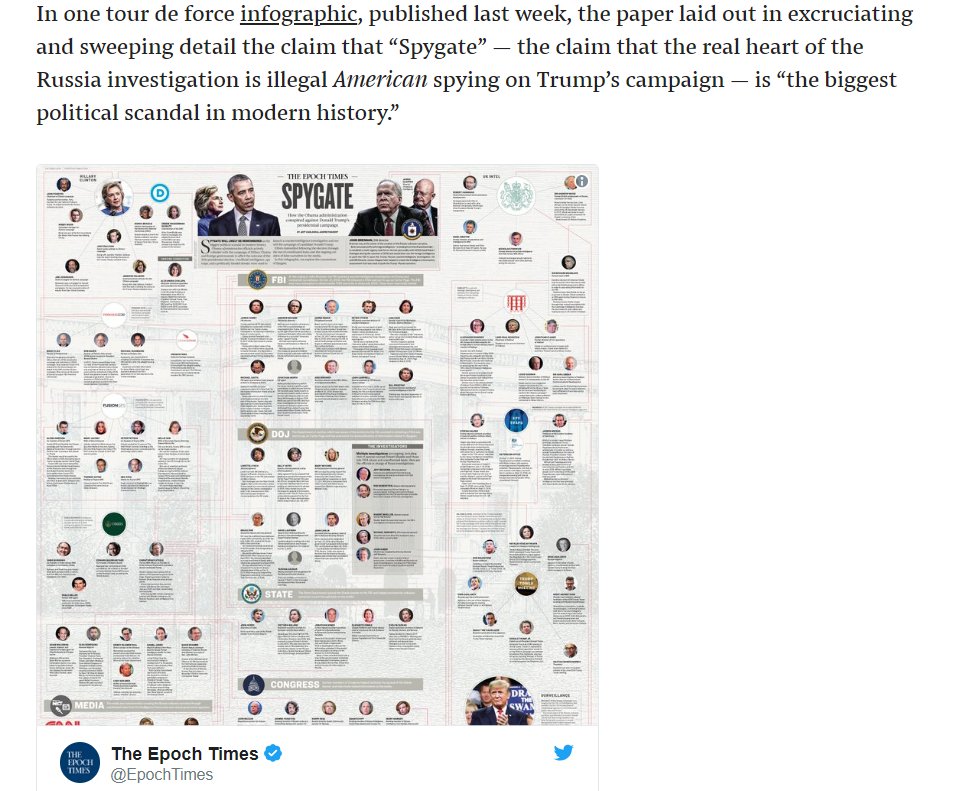Today, the actual size of the silver market is, according to Bloomberg, of $5 trillion.
$5 trillion divided by 20 billion (physical market) = 250
250 X $20 (silver spot price) = $5,000 an ounce
More from Investing
The One with the Cash Flow Explained
It's the weekend!
— Tar \u26a1 (@itsTarH) May 15, 2021
Grab a cup of coffee, in this thread I will explain
1. What a cash flow statement is?
2. What does it tell you about a business?
3. How to analyze one?
Examples included various Indian companies.
Let's dive right in. pic.twitter.com/c8tNP26Z8K
The One with Free Cash Flow Explained
Its the weekend!
— Tar \u26a1 (@itsTarH) May 22, 2021
Grab a cup of coffee, in this thread I will explain
1. What is Capex?\U0001f4b0
2. What is Free Cash Flow? \U0001f4b8
3. What does Cash Flow from Investing and Cash Flow from Financing tells us? \U0001f4a1
Examples includes some famous companies.
Lets dive right in. pic.twitter.com/HDJgUvE8f8
The One with Mutual Funds
Its the weekend!
— Tar \u26a1 (@itsTarH) May 29, 2021
Grab a cup of coffee, in this thread I will explain
1. How to select a Mutual Fund?
2. Common and costly mistakes people make while choosing a Mutual Fund
3. Some tools and tips to help you while selecting a fund
Lets dive right in. pic.twitter.com/teelsojtn9
The One on Laurus Labs
Laurus Labs : A Visual Story
— Tar \u26a1 (@itsTarH) May 30, 2021
I am a Data Science / Machine Learning developer by profession and data along with finance are my two areas of competence.
I realize how powerful combining both of them can be, so here is a visual analysis for Laurus Labs.

















